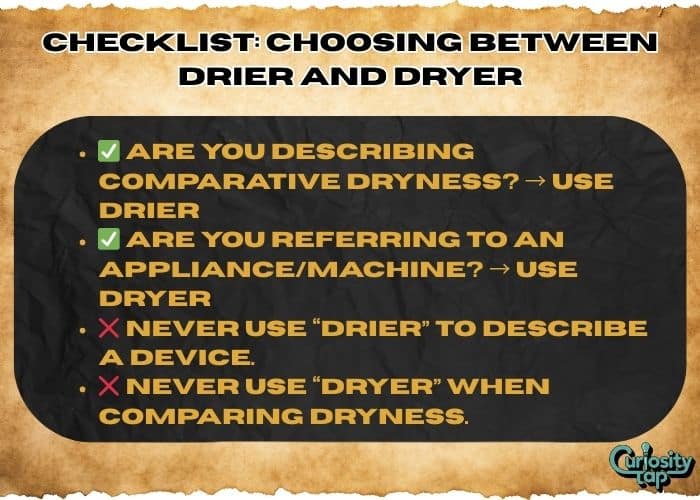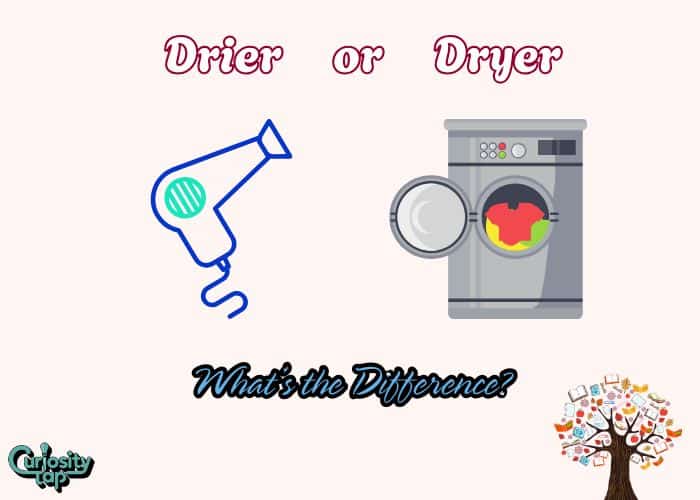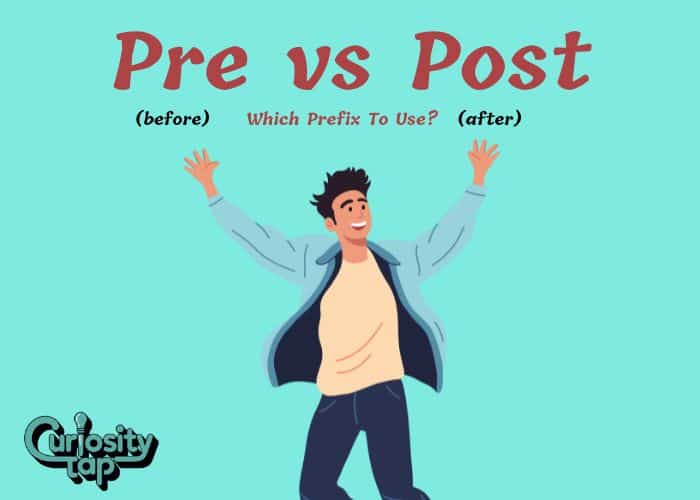Have you ever paused while writing and wondered whether to use drier or dryer? You’re not alone. These two words look and sound almost identical, yet their meanings and uses are very different.
Misusing them can weaken your writing, confuse your readers, or even hurt your credibility. The good news? Once you understand the distinction, you’ll never mix them up again.
In this article, we’ll explore the grammar, spelling, and real-world applications of drier vs. dryer, with practical examples, comparisons, and a clear checklist to help you use them confidently.
Understanding the Basics
What Does “Drier” Mean?
- Drier is the comparative form of the adjective dry.
- It’s used when comparing two things and describing which one has less moisture.
- Example: This towel is drier than the one you gave me.
In simple terms, if you’re comparing levels of dryness, drier is the correct choice.
What Does “Dryer” Mean?
- Dryer is a noun.
- It refers to a device or appliance that removes moisture.
- Example: I need to buy a new clothes dryer because mine just broke.
So, whenever you’re talking about a machine like a clothes dryer or hair dryer, use this spelling.
Drier vs. Dryer: Key Differences
Here’s a quick comparison table:
| Word | Part of Speech | Meaning | Example |
|---|---|---|---|
| Drier | Adjective (comparative) | Something that has less moisture | This climate is drier than last year’s. |
| Dryer | Noun | A machine/device that removes moisture | The hair dryer is in the bathroom. |
👉 Quick Tip: If you can replace the word with “less dry,” use drier. If you mean an appliance, use dryer.
Real-Life Example: When It Matters
Imagine a product description on an e-commerce website:
- “This new model of washing machine comes with an inbuilt drier.” ❌
- “This new model of washing machine comes with an inbuilt dryer.” ✅
The first version is grammatically wrong and makes the company look careless. The second version is correct and professional.
Similarly, in weather reports, saying “This week will be dryer than last week” would confuse readers. The correct sentence is: “This week will be drier than last week.”
Getting this right is not just about grammar it’s about building trust with your audience.
Common Usage Scenarios
1. Weather & Climate
- Arizona is much drier than Florida.
- A clothes dryer is essential in humid areas.
2. Home & Appliances
- This towel feels drier after sitting in the sun.
- I bought a new dryer to save energy.
3. Personal Grooming
- My hair gets drier in winter.
- She left her hair dryer at the hotel.
Also Read:
Challenge or Challange: Correct Spelling & Usage Explained
Potatoes or Potatos: Correct Spelling And Usage Guide
Shiny or Shiney: Which Spelling Is Correct?
Usage or Useage: Which Is Correct and Why?Nosy or Nosey? Meaning, Spelling & Correct Usage

Checklist: Choosing Between Drier and Dryer
- ✅ Are you describing comparative dryness? → Use drier
- ✅ Are you referring to an appliance/machine? → Use dryer
- ❌ Never use “drier” to describe a device.
- ❌ Never use “dryer” when comparing dryness.
Pros & Cons of Each Word
While both are correct in their own contexts, let’s quickly evaluate:
Drier
Pros:
- Correct comparative adjective form.
- Essential in weather, climate, and descriptive writing.
Cons:
- Often confused with “dryer.”
Dryer
Pros:
- Refers clearly to an appliance.
- Common in everyday life (hair dryer, clothes dryer).
Cons:
- Mistakenly used instead of “drier” in comparative sentences.
FAQs
Is “drier” or “dryer” correct?
Both are correct, but in different contexts: drier = comparative adjective, dryer = machine.
Can I say “dryer climate”?
No. The correct phrase is “drier climate,” since you’re comparing levels of dryness.
Is “dryer” ever an adjective?
No. “Dryer” is strictly a noun. For adjectives, always use “drier.”
Why is this mistake so common?
Because the words sound alike (homophones), writers often confuse them.
Which is used more often in daily life?
According to recent usage data, “dryer” (the machine) appears more frequently in everyday contexts, while “drier” is common in weather or descriptive writing.
Conclusion
The difference between drier and dryer comes down to part of speech: one describes less moisture (adjective), and the other names a machine (noun).
Next time you write, simply remember: comparisons need “drier,” appliances need “dryer.” Mastering this subtle distinction not only improves clarity but also shows attention to detail something every good writer should strive for.
Call to Action
Want to sharpen your English and write successfully every time?
Check out our Grammar Checker Tool and never second-guess your spelling again!
Read our guide on Common English Misspellings to boost your skills even further.
Sources List
Sources:
- Merriam-Webster Dictionary. (2023). Drier vs. Dryer. https://www.merriam-webster.com
- Cambridge Dictionary. (2024). Dryer / Drier. https://dictionary.cambridge.org
- Grammarly Blog. (2023). Commonly Confused Words: Drier vs. Dryer. https://www.grammarly.com/blog
Read more knowledgeable blogs on Curiosity Tap
Is this article helpful?

Jackson Pearson is a passionate educator and language enthusiast behind the blog Jackson Pearson. With years of experience in teaching and writing, he specializes in simplifying complex grammar rules, breaking down tricky vocabulary, and crafting learning guides that are both engaging and practical. His mission is to help readers boost their English skills whether they’re beginners or brushing up for fluency. Through every article, Jackson brings clarity, structure, and a spark of curiosity to the world of English learning.



